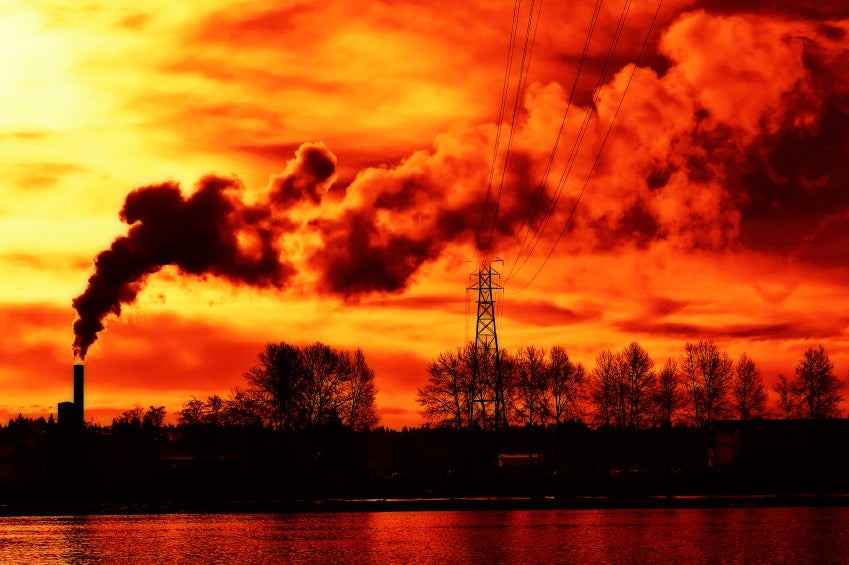
ECON 355: Economics of Energy and Natural Resources
An analysis of the economics of conservation, especially the adequacy of the market mechanism as an allocator of resource use over time. Issues concerning the economic behaviour of Canada's fishery, forest, fuel and nonfuel mineral industries will be considered.
ECON 357: Environmental Economics
Application of economic theory to problems of the environment, in particular, air, water, and land pollution. Emphasis is on the theory of the management of common property resources.
ECON 655: Resources Economics (graduate)
The economics of renewable and non-renewable resources in a Canadian context. Problems peculiar to the fisheries, forestry, mineral industries and oil and gas production and consumption are analyzed. Also considered are economic and constitutional issues arising from the uneven distribution of resource rents in Canada.
ECON 657: Environmental Economics (graduate)
This course will review the application of the tools and theory of economics to environmental problems. The normative foundations of economic analysis will be discussed including efficiency, intergenerational equity and sustainability. The design and implementation of environmental policy will be analyzed including the use of command and control regulation, market-based instruments, and legal liability. Applications to various environmental issues may include global warming, trans-boundary pollution, and trade and the environment.